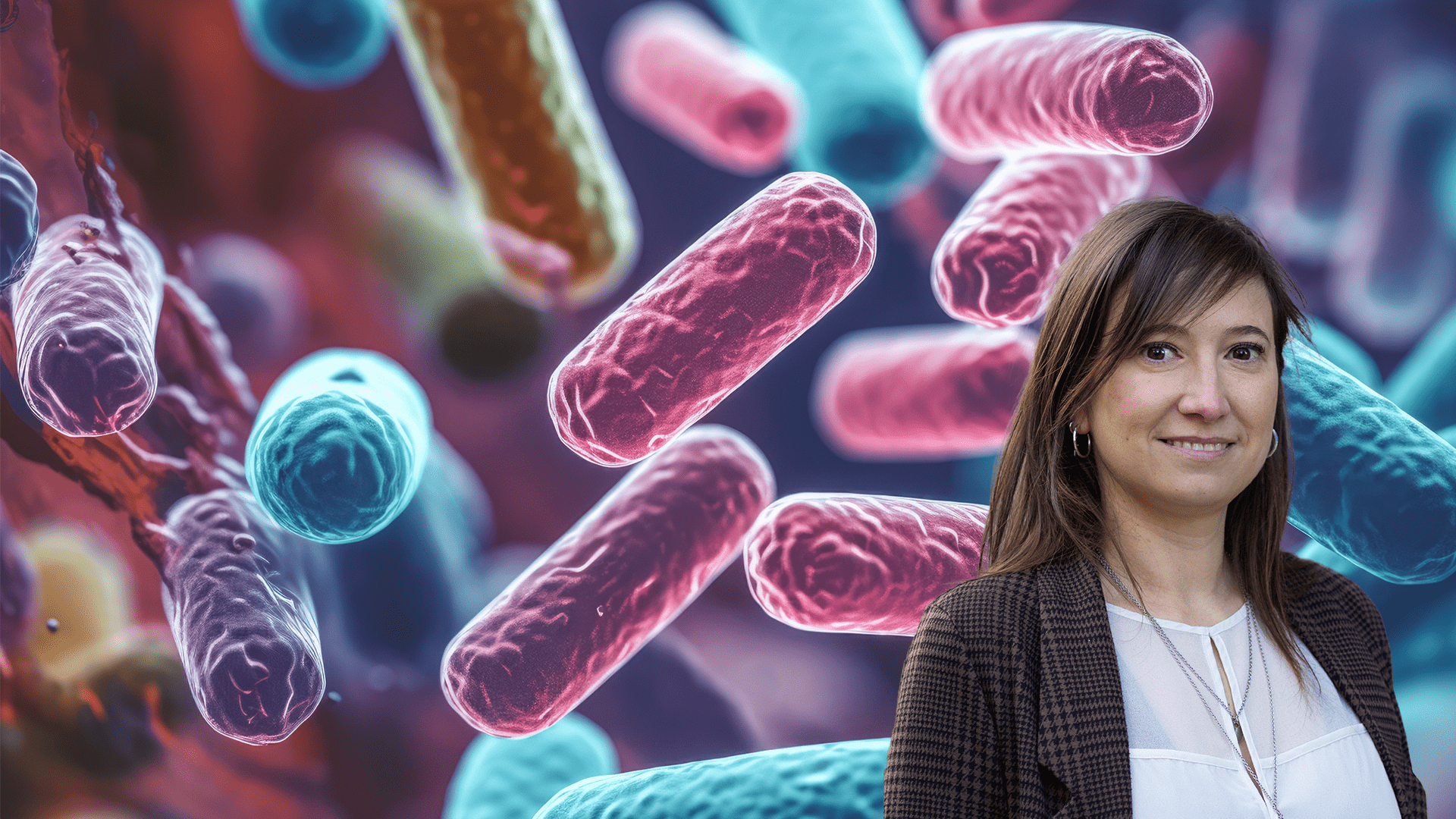SciLifeLab researcher receives ERC synergy grant for spatial gut microbiome study
SciLifeLab Group Leader Stefania Giacomello (KTH, Royal Institute of Technology) is part of a collaborative team that has been awarded a European Research Council (ERC) Synergy Grant worth EUR 10.3 million. The grant will support the CartoHostBug project, aimed at comprehensively mapping intestinal host-microbiome interactions and their implications for diseases such as inflammatory bowel disease (IBD) and colorectal cancer (CRC).
In addition to Giacomello, the project team includes Eduardo Villablanca from Karolinska Institutet, Julio Saez-Rodriguez at University Hospital Heidelberg, Germany, and Georg Zeller at the European Molecular Biology Laboratory, Germany. The project’s central aim is to provide a detailed, high-resolution understanding of host-microbiome interactions within intestinal tissues during both health and disease.
The gut microbiome, composed of a diverse array of microorganisms within the human body, plays a vital role in maintaining gut health. Disruptions in these interactions can lead to gut-related diseases, such as IBD and CRC. However, many previous studies have been limited by their use of stool samples, which do not adequately represent the dynamics within the gut’s tissues. To address this gap in knowledge, the CartoHostBug team will use different technologies to create a finely detailed map of host-microbiome interactions within intestinal tissues, allowing them to explore these interactions at the molecular level.
“We are really excited to work together on our CartoHostBug project, which requires spatial technology development expertise, mucosal immunology and microbiome knowledge as well as advanced computational modeling expertise. In the next six years, we will spatially map host-microbiome interactions in the human gut in health and disease.”, says Stefania Giacomello.
The ultimate goal of the project is to functionally map the interactions of gut microbes with the human body, thus transforming the understanding of intestinal host-microbiome interactions. The findings from this research have the potential to provide insights for the diagnosis and treatment of intestinal disorders like IBD and CRC in the future.





